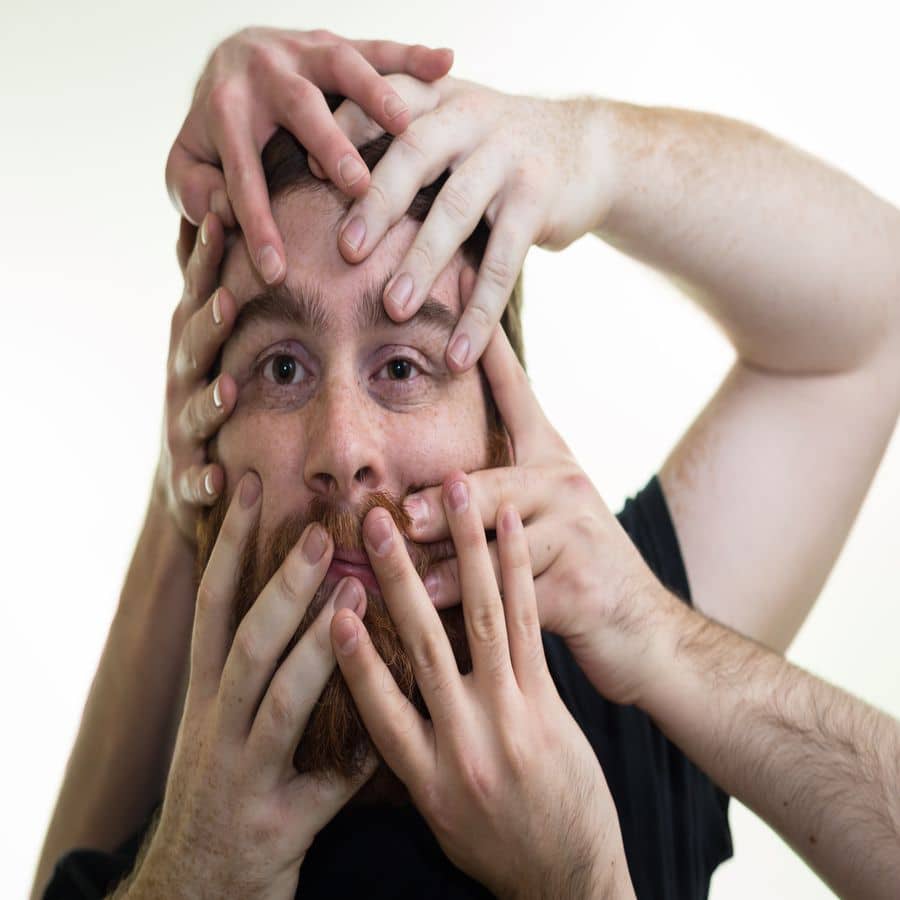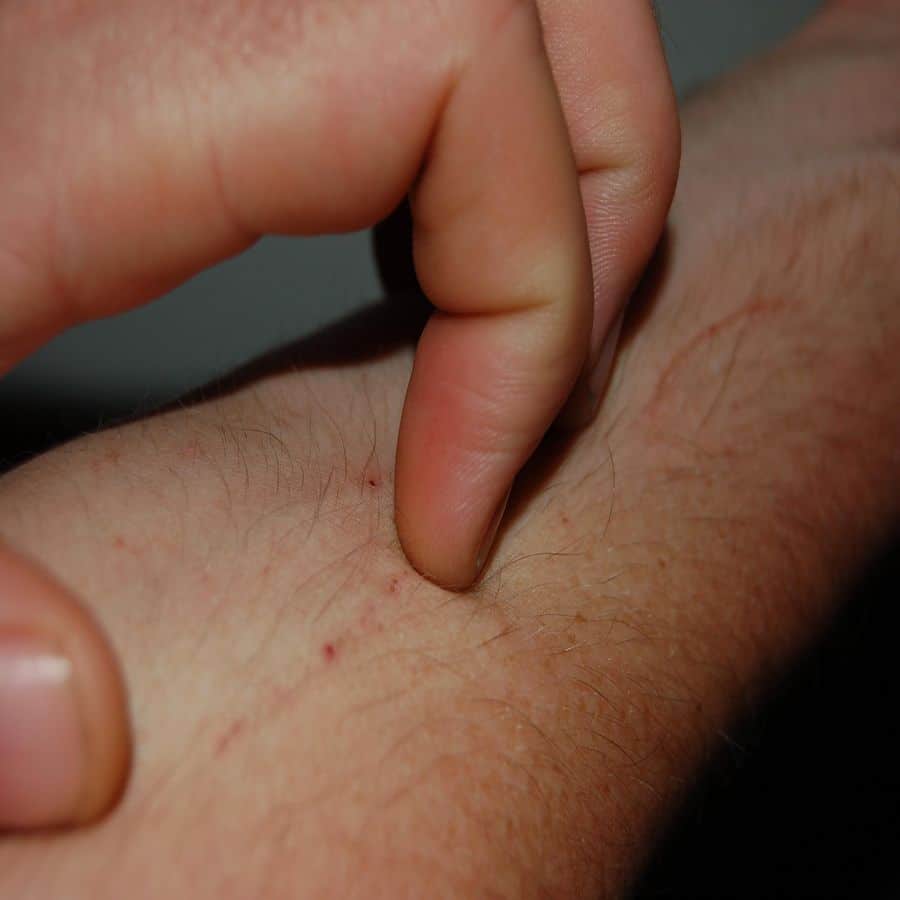Using Hypnotherapy To Measure Delusions Of The Mind





A delusion is a distinctive idea or impression that is firmly preserved in one’s mind regardless of being opposed by what is typically approved as reality or rational argument. In many cases, this is usually seen as a sign of mental illness. These mental aberrations are when a person internally perceives in the lack of an outside stimulation and can be accompanied by a convincing sense of their reality. This way of thinking is usually attributed to forms of schizophrenia, happening in an approximated 60 %-70 % of individuals with this problem. However, random hallucinations could also happen in healthy people. The clinical studies in this article will examine clinical hypnotherapy to manage mental delusions.
Are our memories our own or can they be manipulated? In the 2013 issue of the International Journal of Clinical Experimental Hypnotherapy, researchers used three experiments to test whether or not delusions of identity were self-produced according to the subjects’ memory. All participants in the study had recently displayed identity delusions in the past and were able to recall specific events that happened in their lives when asked. The quagmire that presented itself was when the same subjects’ recalled information differently after they were under hypnosis. This research is ongoing as the debate continues between the differences of a person’s memory and how it is affected before, during and after hypnosis.
In 2008 issue of Cognitive Neuropsychiatry, scientists perform techniques where delusions were created to the volunteers to establish self-misidentification. In the study, twelve volunteers took part in a study where they were led to believe that they were looking at a stranger when they were in front of a mirror. During the sessions, hypnotic suggestions were also made to identify whether or not the scene volunteers would misinterpret the same mirror as a window. Lastly, these members were also given suggestions to determine whether or not the mirror was actually a window that was used to observe strangers. Over half of the subjects were not able to identify themselves when looking in the mirror. In fact, they also argued the point that the individual that was seen in the mirror had very different physical attributes that were different from their own. When challenged about their perceptions, they also argued that their current perceptions were real even after they were told they were under hypnotic suggestions.
Researchers in the 2014 issue of Frontiers in Human Neuroscience sought to challenge the results from the 2008 study. Using a larger group of 439 participants, the volunteers were chosen based on their various levels of being susceptible to hypnotic suggestions. In addition to using a mirror-like in the other study, the subjects were also exposed to other media which included live videos of themselves and photographs. To round out the study, participants were also challenged to recognize famous celebrities as well. Consistent with the previous study, the majority of the participants could not identify their own faces while under hypnotic suggestion. The researchers concluded that a person’s delusion is enhanced while under hypnotic suggestion which created the self-misidentification.


The 2003 issue of Neuropsychologia, scientists studied candidates who had expressed previous delusions of being controlled by aliens. Symptoms that are usually exhibited by these types of patients are connected with forms of schizophrenia where a patient may associate actions that are done to them by an external source. They wanted to see if normal healthy individuals would express the same delusions under hypnotic suggestion. Positron Emission Tomography (PET) was also used to measure the neural connectedness that is typically associated with self in contrast to connectedness that may be reimagined and then attributed to an external source. Like the studies mentioned above, the participants argued points of delusion while under hypnosis. Researchers concluded that these delusions would be experienced as external due to the hypnotic suggestions that were given during the study. These results also challenged the underlying belief that everyone experiences delusions of control which can be altered at any point in time.
In the 2012 issue of Cognitive Neuropsychiatry, researchers used hypnotherapy to temporarily establish the belief that a participants only limb(s) belonged to someone else. The method used in the study was where a volunteer was hypnotized into believing that they were under paralysis. Several suggestions are giving during the hypnosis sessions and then the subjects’ responses were categorized. In this case, many of the participants did not believe that their arm was not a part of their bodies after the hypnosis session was over. However, during hypnosis, many temporarily believed that their arms were paralyzed during the session. The researchers concluded that continued research is needed to explore the varying levels of delusional beliefs in their candidates.
Exactly how close are we to understanding the brain systems in charge of aberrations in psychotic disorders like schizophrenia? Can the argument be made that the ongoing research regarding such complex topics like delusions are bringing us closer to understanding more about ourselves? Amongst the various facility signs of psychotic disorders, presumably that hallucinations could be a fairly distinct and specified symptom, we all must remain open to comprehending the vast possibilities that the mind will continue to uncover.



